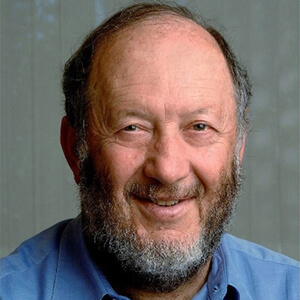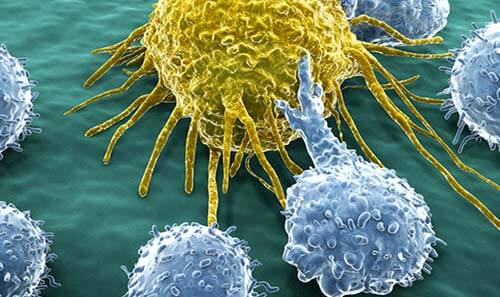Session Chair Profile
M.D., Director, Inst. of Stem Cell Biology & Regenerative Medicine, Stanford School of Medicine
Biography
From 1988-1992, Dr. Weissman and his colleagues isolated the first blood-forming stem cells in mice and humans and successfully isolated human Leukemia cancer stem cells in 2000. His laboratories also discovered the human HSC, a human brain-forming stem cell population, mouse skeletal muscle stem cells, and an osteochondral stem cell in mice. His work and discoveries on stem cell aging contributed to the understanding of cancer stem cells and the immune system and are pioneering achievements with far-reaching clinical applications. Most recently, Dr. Weissman and his colleagues have identified a protein, CD47, that is highly expressed during the late stages of cancer stem cell progression and is currently being studied as a potential cancer therapeutic. Dr. Weissman, a proven leader in the field of cancer stem cell biology, also founded three companies focused on bringing stem cell therapies into the clinic. He was also on the founding Scientific Advisory boards of companies Amgen, DNAX, and T Cell Sciences.
Session Abstract – PMWC 2017 Silicon Valley
Session Synopsis: Immune checkpoint inhibitors and other anti-tumor immune response boosters have been shown to be successful in treating different cancer types including melanoma and non-small cell lung cancer. The success of these agents reveals the importance of anti-tumor immune activities in curing cancers. This session will dive into checkpoint inhibitors and neoantigens as stand-alone treatments, as combination treatments, or treatments in combination with other categories of cancer therapeutics.




